The Rise and Fall of Civilisations: A Complete History
Dinis GuardaAuthor
Mon Nov 24 2025

Explore the 65,000-year history of human civilization, from Aboriginal Australia to the Anthropocene. This sweeping analysis reveals the repeating patterns of rise, collapse, and knowledge transfer that define our past, asking if we are now the first civilization conscious enough to break the cycle, or the next to fall by it.
The owl of Minerva spreads its wings only with the falling of the dusk. — Hegel
Every civilisation believes itself eternal. Every civilisation discovers its mortality. Yet each contributes to humanity's accelerating knowledge, the inner inception velocity that persists even through catastrophic collapse.
I. The Deep Roots: Indigenous Continuity (65,000 BCE - Present)

Aboriginal Australia (65,000 BCE - Present): The world's oldest continuous civilisation, spanning 2,500+ generations. Developed sophisticated astronomy encoded into songlines—oral maps doubling as cosmic narratives. Created the continent's first art, maritime technology, and complex kinship systems. The philosophy of Dreamtime collapses linear time into an eternal present. Survived ice ages and colonisation through decentralisation. Continuity is their monument.
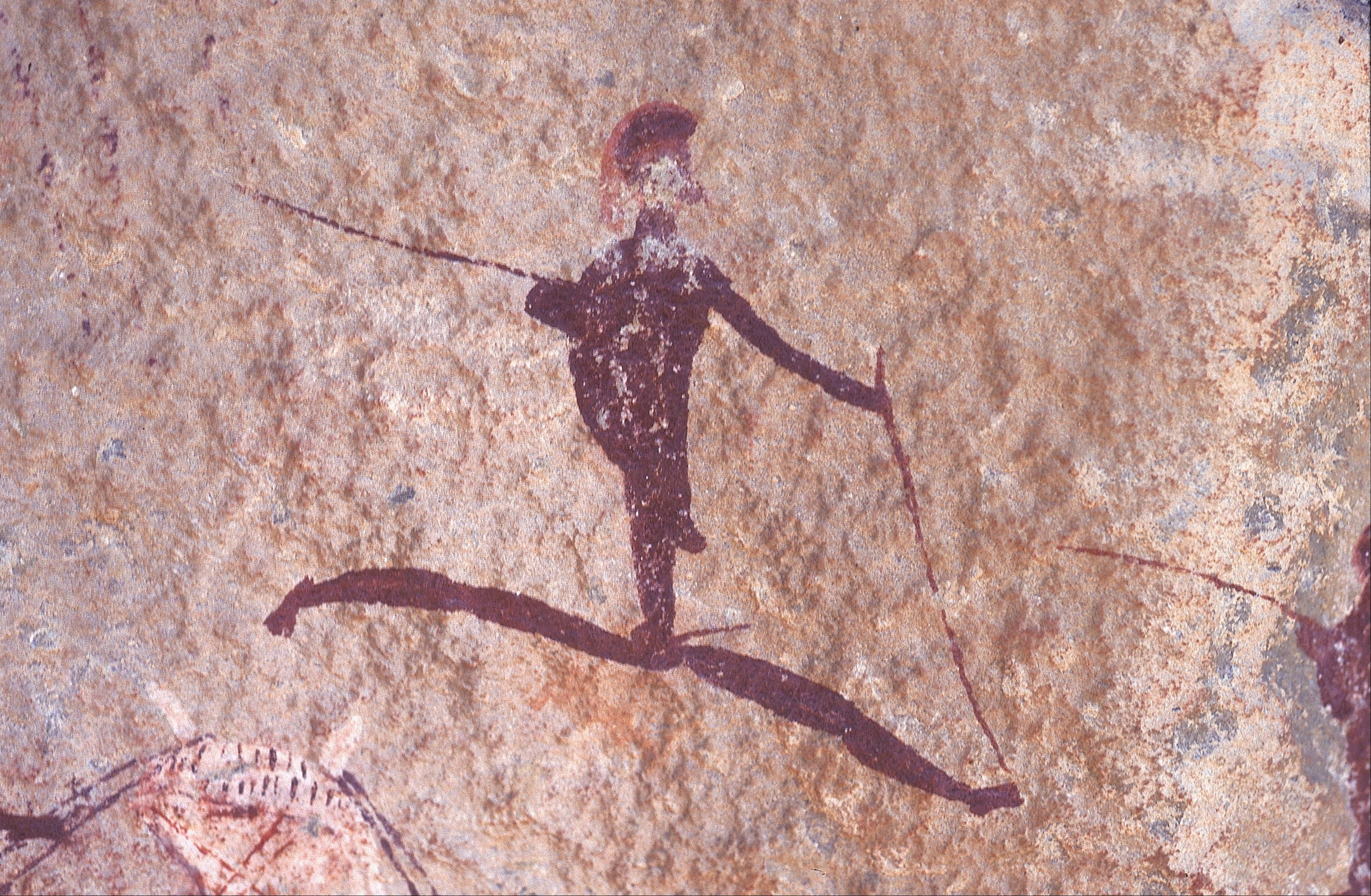
San People of Southern Africa (100,000 BCE - Present): Rock art spanning 30,000+ years encoding astronomical observations and medicinal knowledge. Ubuntu philosophy, I am because we are, represents humanity's earliest articulation of interconnected being.

Indigenous Americas (15,000 BCE - Present): Pre-Columbian population of 50-100 million with sophisticated trade networks, astronomical observatories, and agricultural innovations (maize, potatoes, chocolate). Decimated 90% by disease and genocide post-1492, yet surviving communities maintain unbroken cultural lineages.
II. River Valley Civilisations: Order from Chaos (10,000 - 500 BCE)

Göbekli Tepe (9600 BCE): Monumental stone temples built by hunter-gatherers 6,000 years before Stonehenge, inverting assumptions about civilisation requiring agriculture.

Sumer (4500 - 1900 BCE): First true cities invented writing, the wheel, bronze metallurgy, the 60-minute hour, and bureaucracy. Epic of Gilgamesh meditated on mortality, themes echoing through all subsequent civilisations. Collapsed through soil salinisation and invasion. First to write; first to read the writing on the wall.

Ancient Egypt (3100 - 30 BCE): Three thousand years of continuity across Old, Middle, and New Kingdoms. Built pyramids, developed hieroglyphics, medicine, and the 365-day calendar. Conquered successively by Assyria, Persia, Greeks, and Rome. Cleopatra lived closer in time to the Moon landing than to the Great Pyramid's construction. Stability itself is impermanent.
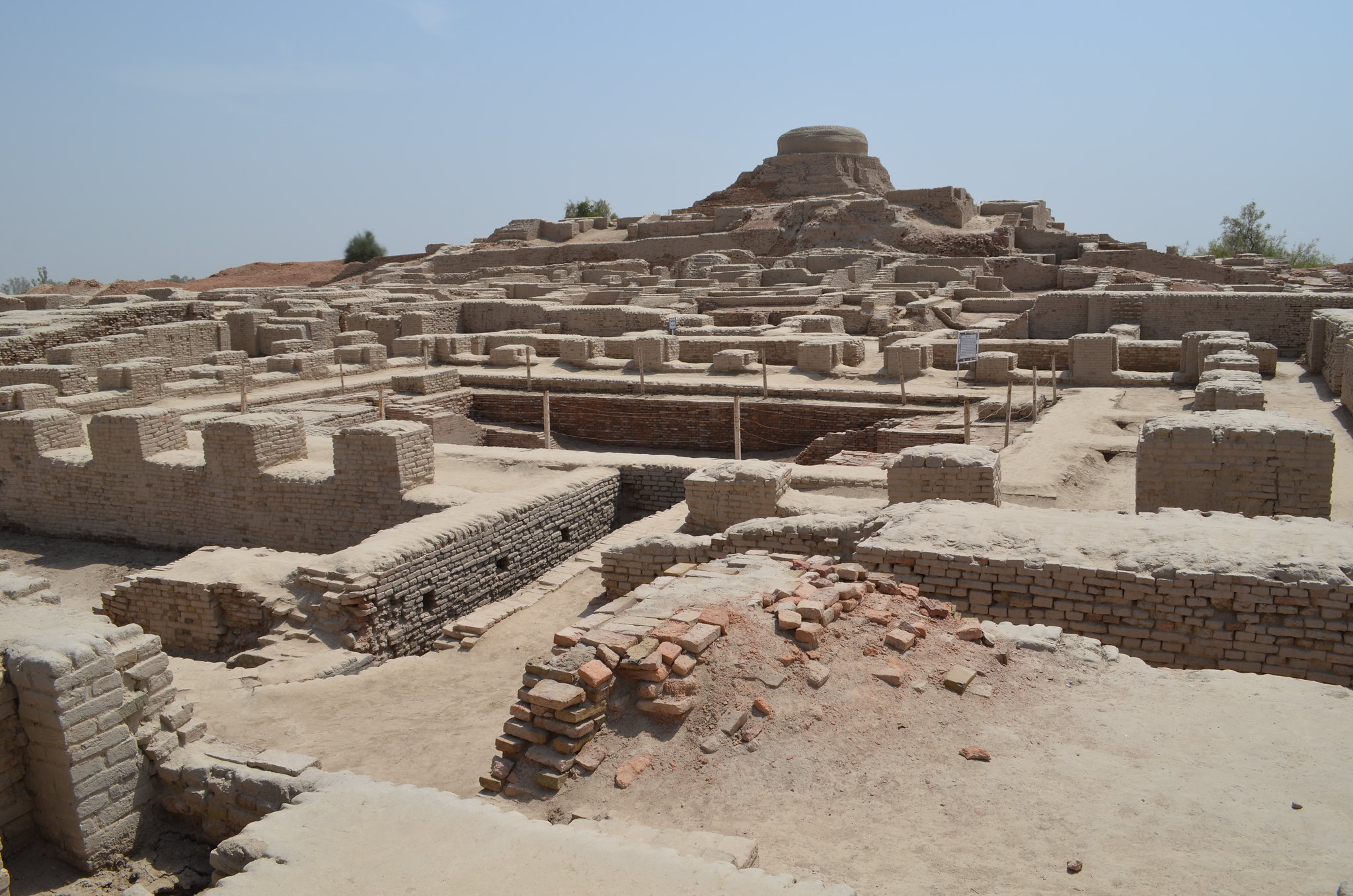
Indus Valley Civilisation (3300 - 1300 BCE): Planned cities with advanced drainage, standardised measurements, and undeciphered script. At peak, it housed five million across areas larger than Egypt and Mesopotamia combined. Declined through climate shift and river changes, leaving mystery rather than monuments.
III. The Bronze Age Collapse & Iron Age (1200 - 500 BCE)

The Bronze Age Collapse (1200 - 1150 BCE): Simultaneous collapse of Hittites, Mycenaean Greece, Babylon, and Egypt. Trade networks shattered, writing disappeared for centuries. Sometimes civilisations fall collectively, dragging each other into the abyss.
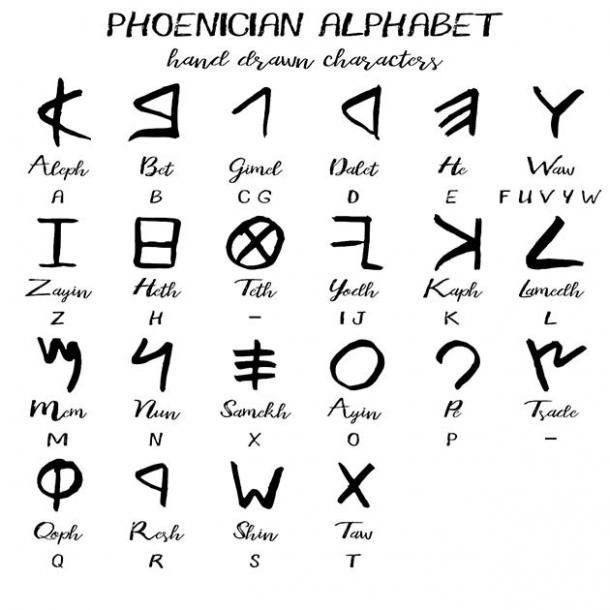
Phoenicia (1500 - 300 BCE): Created the alphabet, humanity's most consequential invention, transforming writing from elite specialty to popular technology. Founded Carthage, developed purple dye. Absorbed by Alexander's conquests, but their alphabet conquered the world. What endures is not power but the tools we create.
IV. The Axial Age: Simultaneous Philosophical Revolution (800 - 200 BCE)
Across Eurasia, independent civilisations simultaneously developed sophisticated systems still structuring human thought:
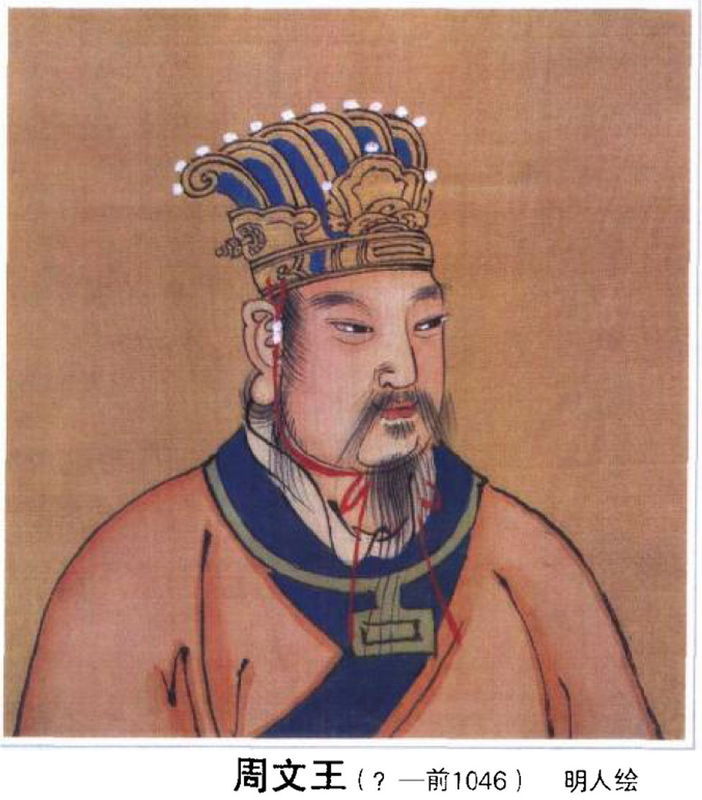
Zhou Dynasty China (1046 - 256 BCE): Confucius systematised ethics, Laozi founded Daoism, the I Ching encoded cosmological philosophy. Warring States period generated philosophy from chaos.
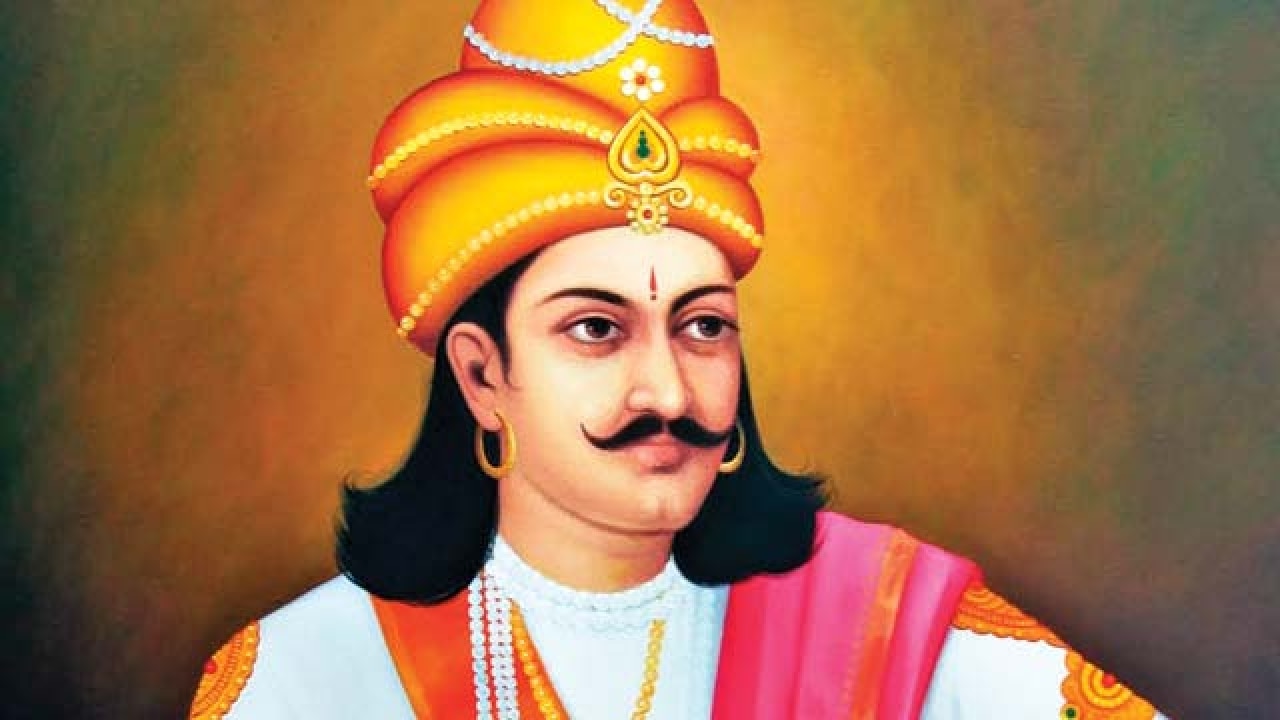
Vedic India (1500 - 500 BCE): The Upanishads articulated Brahman and Atman as identical. Buddha proposed enlightenment through eliminating desire. Ashoka's Mauryan Empire spread Buddhism across Asia. Ideas travelled further than armies.

Ancient Greece (800 - 146 BCE): Pre-Socratics atomised reality, Socrates questioned assumptions, Plato imagined ideal forms, Aristotle systematised knowledge. Democracy experimented with collective governance while enslaving a third of the population, simultaneously apex of political philosophy and ethical blindness. Conquered militarily by Rome but conquered Roman thought intellectually.
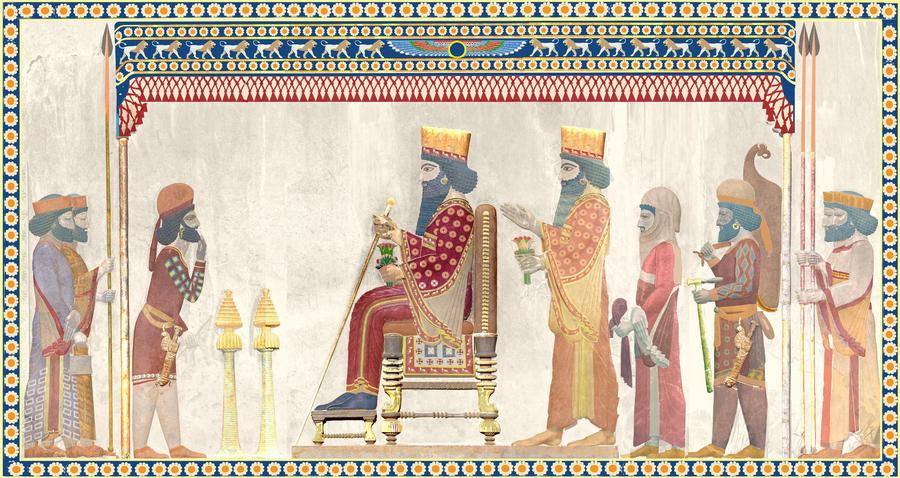
Ancient Persia (550 - 330 BCE): Cyrus created the first superpower with religious tolerance encoded in world's first human rights charter. Zoroastrianism introduced dualism, eschatology, and free will, profoundly influencing Judaism, Christianity and Islam. The first empire of tolerance; the template for all empires.
V. Classical Empires: Globalisation 1.0 (500 BCE - 500 CE)

Qin Dynasty (221 - 206 BCE): Brutally unified China, standardised writing/currency, built the Great Wall, buried scholars, burned books. Collapsed immediately but established an imperial pattern enduring two millennia.
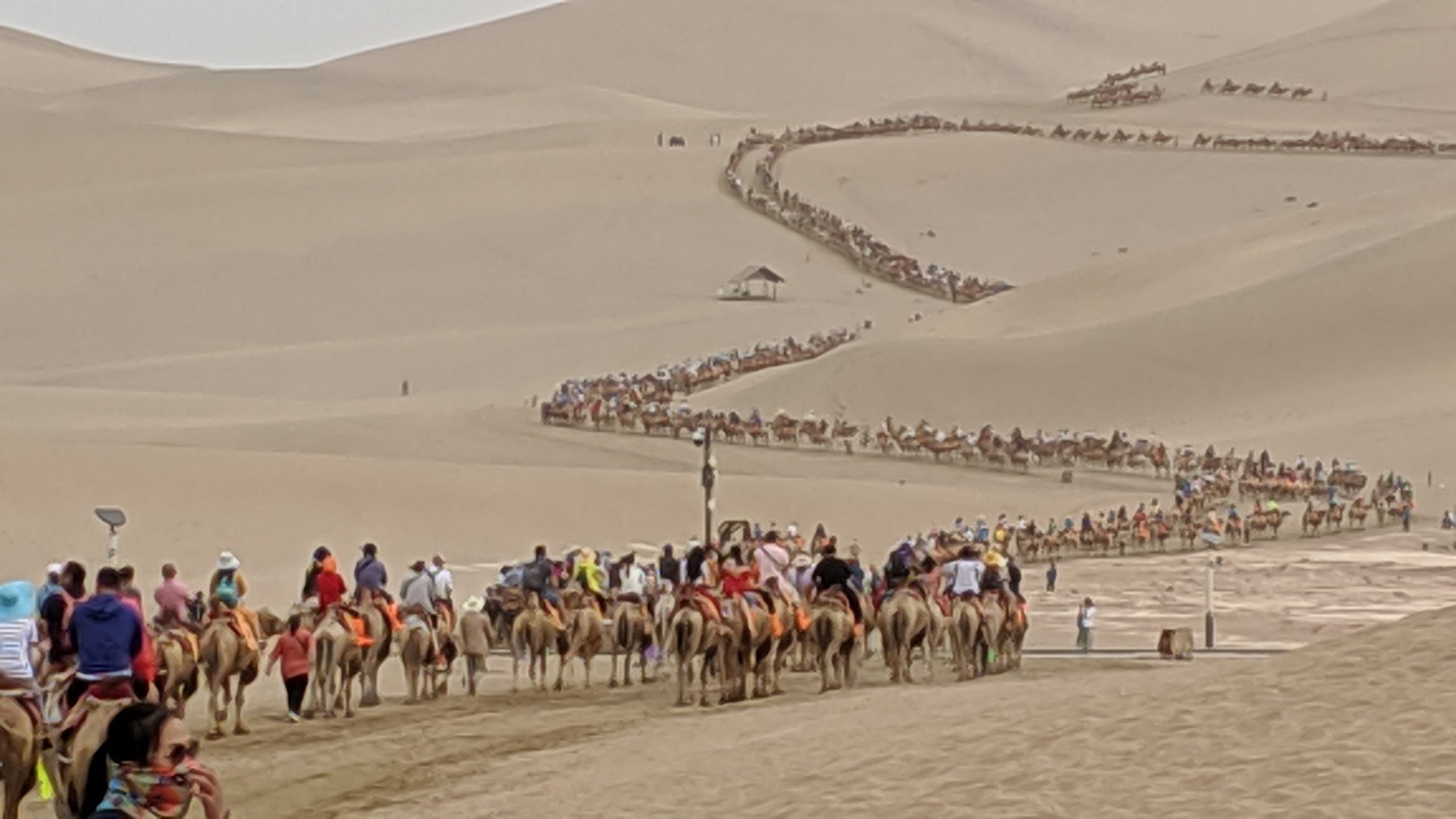
Han Dynasty (206 BCE - 220 CE): Chinese Golden Age, Confucianism became state ideology, Silk Road connected China to Rome, paper invented, civil service created meritocracy. The population reached 60 million, nearly a quarter of global humanity.
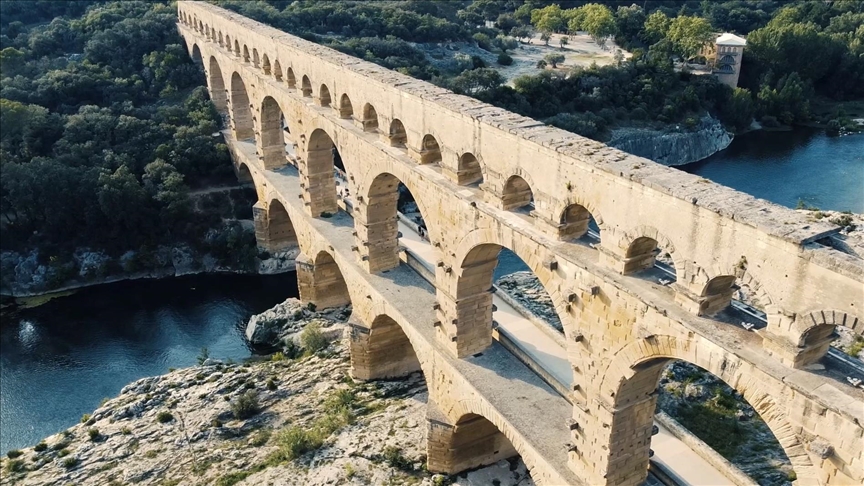
Roman Republic/Empire (509 BCE - 476 CE West/1453 CE East): From seven hills to Mediterranean hegemony. Legal code still structures Western law, engineering marvels, Latin root of Romance languages. Adopted Christianity, transforming from persecutor to propagator. Western Empire fell 476 CE; the Eastern Byzantine continued a millennium. The republic became an empire became church became an idea.
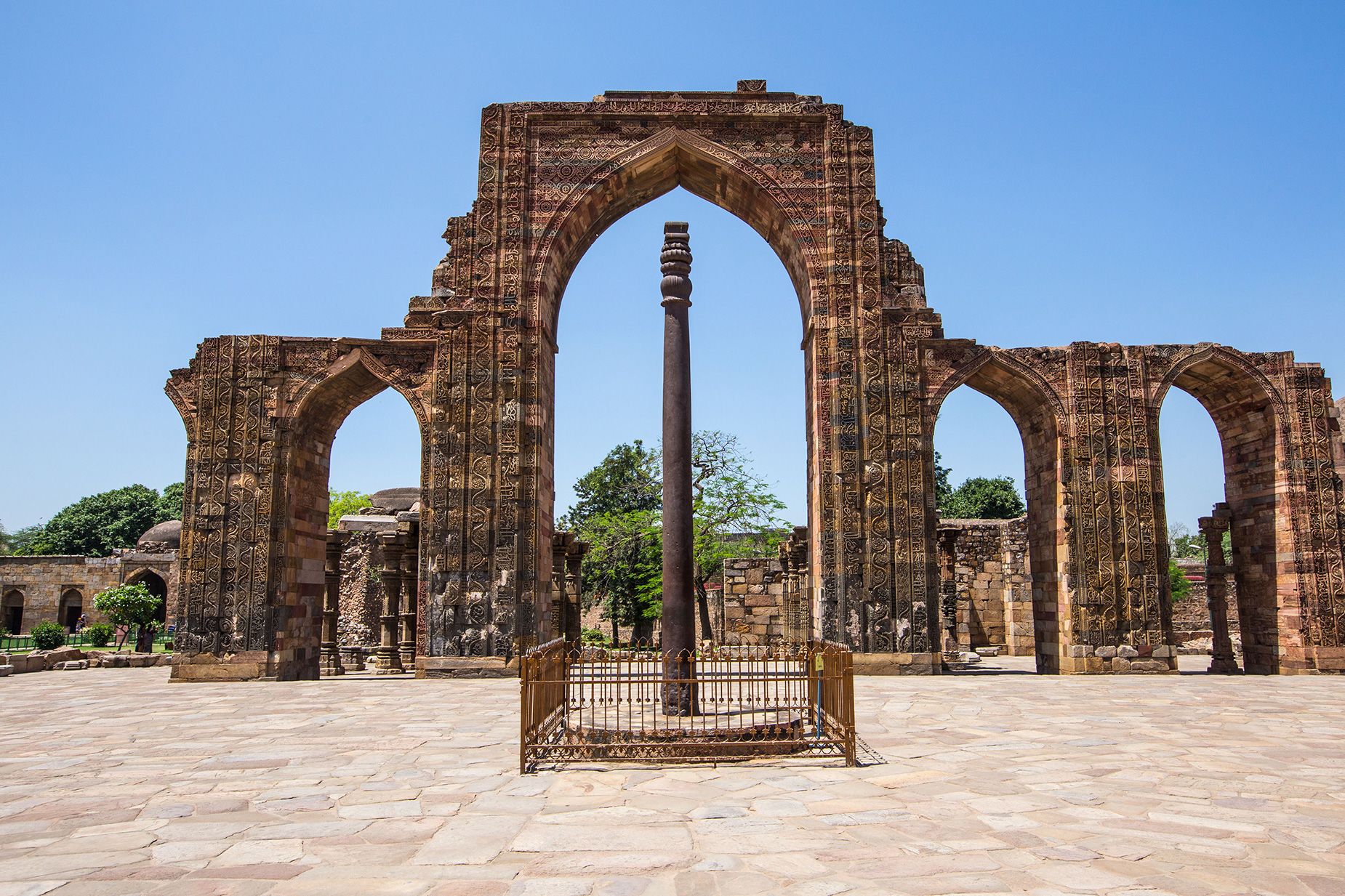
Gupta Empire (320 - 550 CE): Indian Golden Age invented decimal system and zero, composed Kamasutra, advanced astronomy, created rust-free Iron Pillar. Created nothing from nothing; zero became infinity's key.
VI. Mesoamerican Civilisations: Parallel Evolution (2000 BCE - 1500 CE)
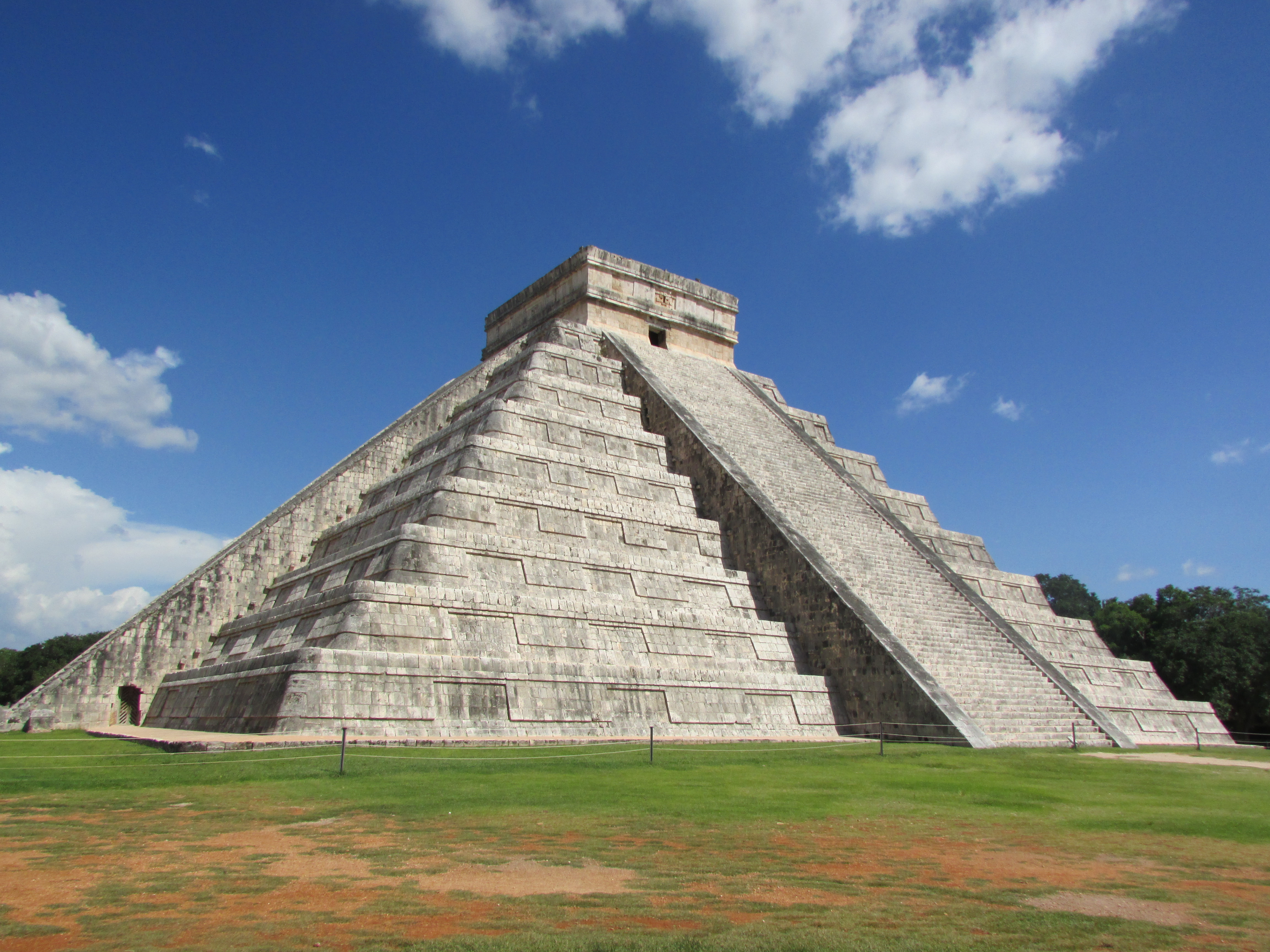
Maya (2000 BCE - 1500s CE): Developed sophisticated hieroglyphic writing, astronomical observations predicting eclipses, mathematical zero (independent of India), Long Count calendar calculating billions of years. Classic Period collapse (800-900 CE) remains debated, drought, warfare, environmental degradation. Calculated eternity; could not calculate Spanish arrival.
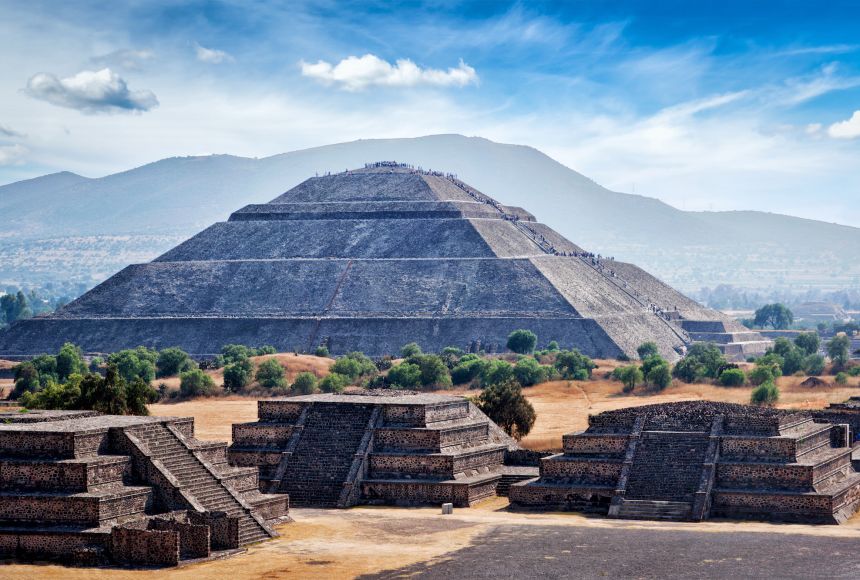
Aztec Empire (1345 - 1521): Tenochtitlan housed 200,000+, with chinampas feeding millions. Sophisticated poetry tradition, philosophical debates, human sacrifice attempting to sustain cosmic order. Destroyed by Cortés and smallpox, 90% population died within a century.
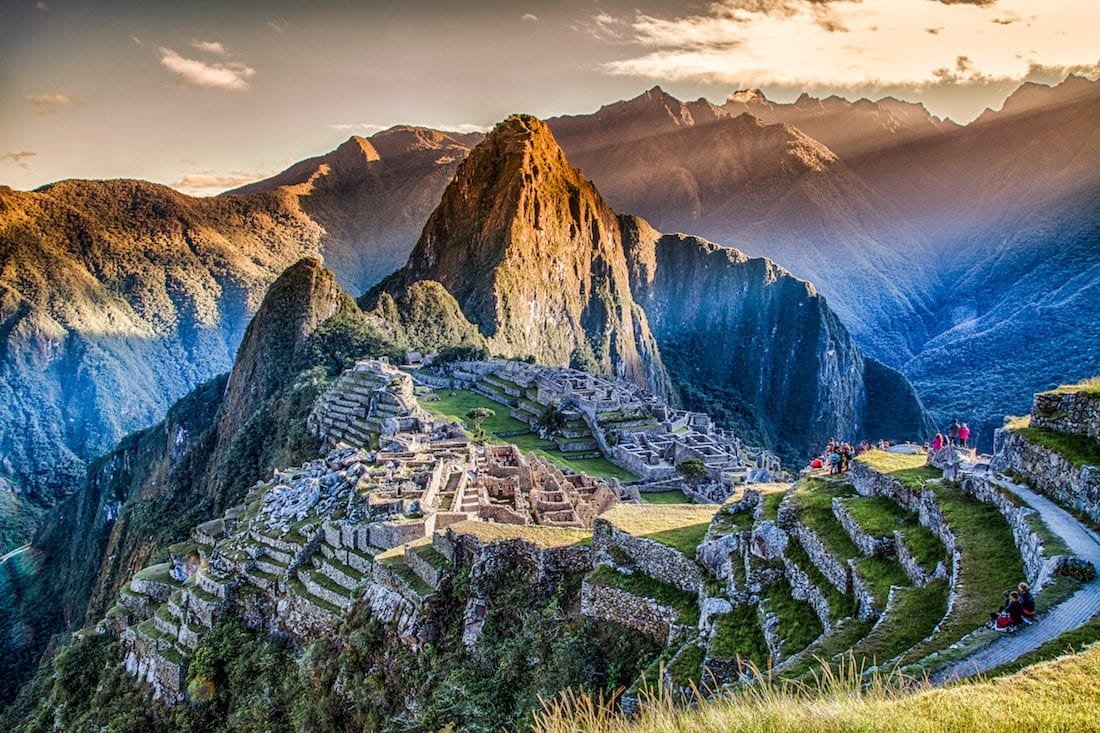
Inca Empire (1438 - 1533): Stretched 2,500 miles along Andes. Built Machu Picchu, 25,000 miles of stone roads, developed quipu recording systems, earthquake-proof masonry. No writing yet administered by 10+ million people. Conquered by Pizarro and disease. Organised everything except immunity.
VII. Islamic Golden Age & Medieval Empires (600 - 1500 CE)
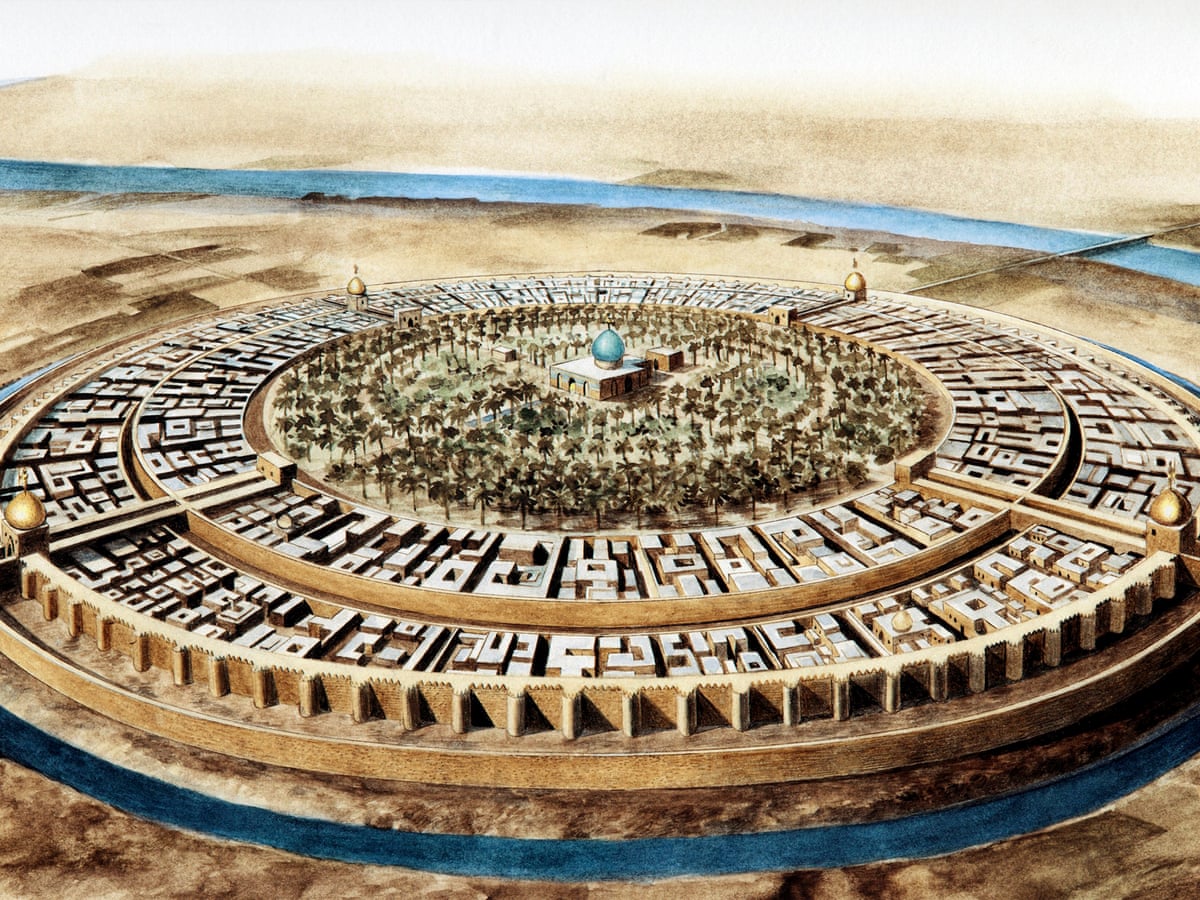
Abbasid Caliphate (750 - 1258): Baghdad's House of Wisdom translated Greek, Persian, Sanskrit texts into Arabic, preserving Aristotle and Euclid when Europe forgot them. Al-Khwarizmi invented algebra, Ibn Sina synthesised philosophy, Alhazen pioneered scientific method. Destroyed by Mongols sacking Baghdad (1258). Preserved human knowledge; could not preserve themselves.

Mali Empire (1235 - 1600): Mansa Musa's hajj (1324) distributed so much gold he crashed Mediterranean economy for a decade. Timbuktu became learning center with universities and thousands of manuscripts. The wealthiest man in history ruled from the Sahel.
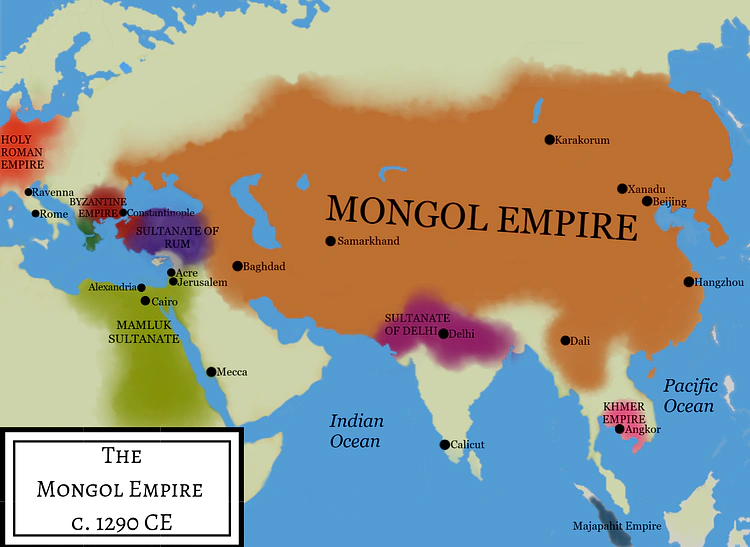
Mongol Empire (1206 - 1368): History's largest contiguous land empire, from Korea to Hungary. Pax Mongolica enabled Silk Road revival and technology transfer. Killed 40 million (11% of global population) in conquest. Fragmented into khanates within generations. Conquered half the known world; empire lasted one dynasty.
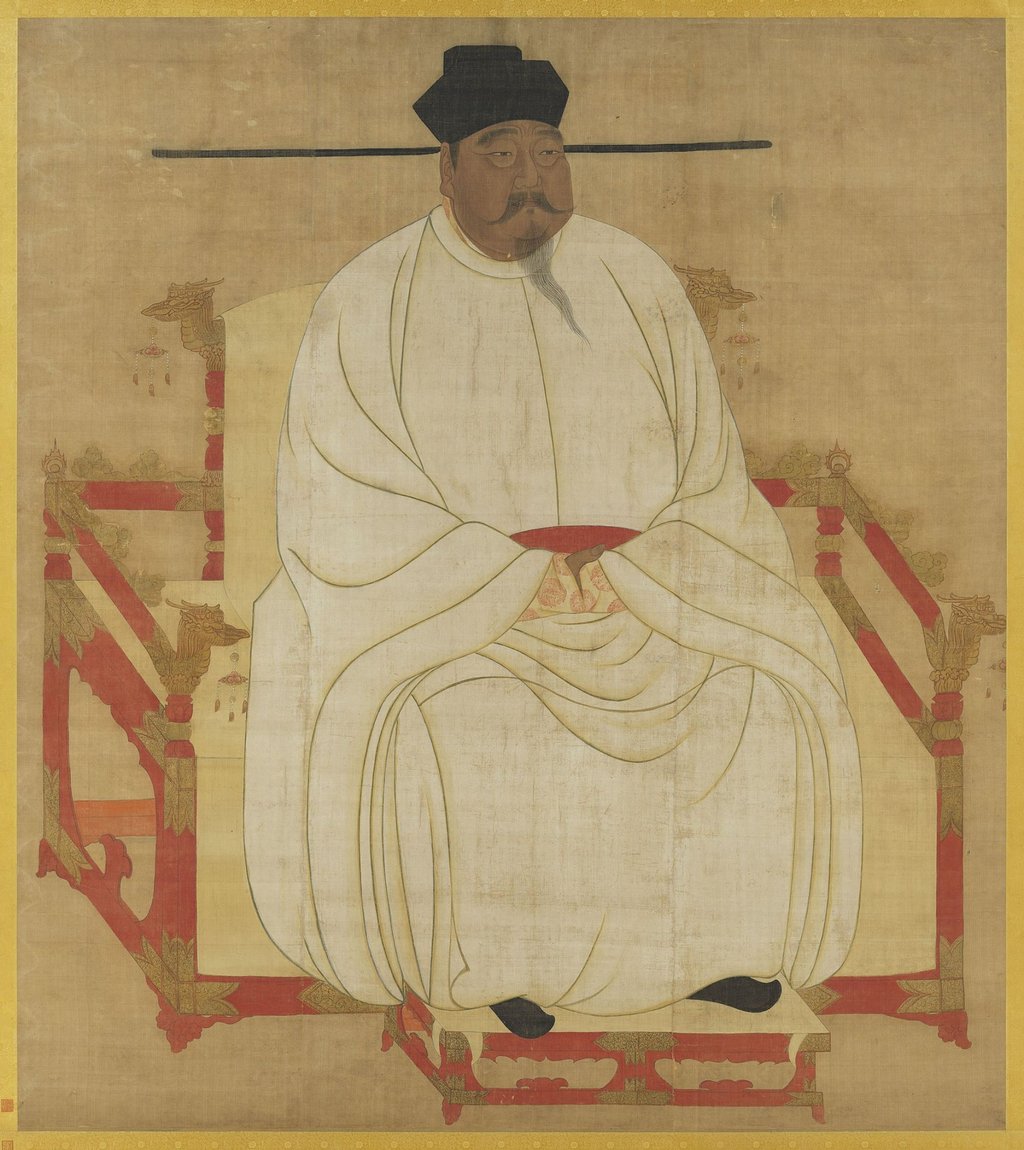
Song Dynasty (960 - 1279): Chinese renaissance, woodblock printing enabled mass literacy, gunpowder invented, compass navigation, paper money, early industrialisation. Population reached 100 million, most urbanised society pre-modern world. Defeated by Mongols despite technological superiority. More advanced than Europe 300 years later; advancement did not prevent conquest.
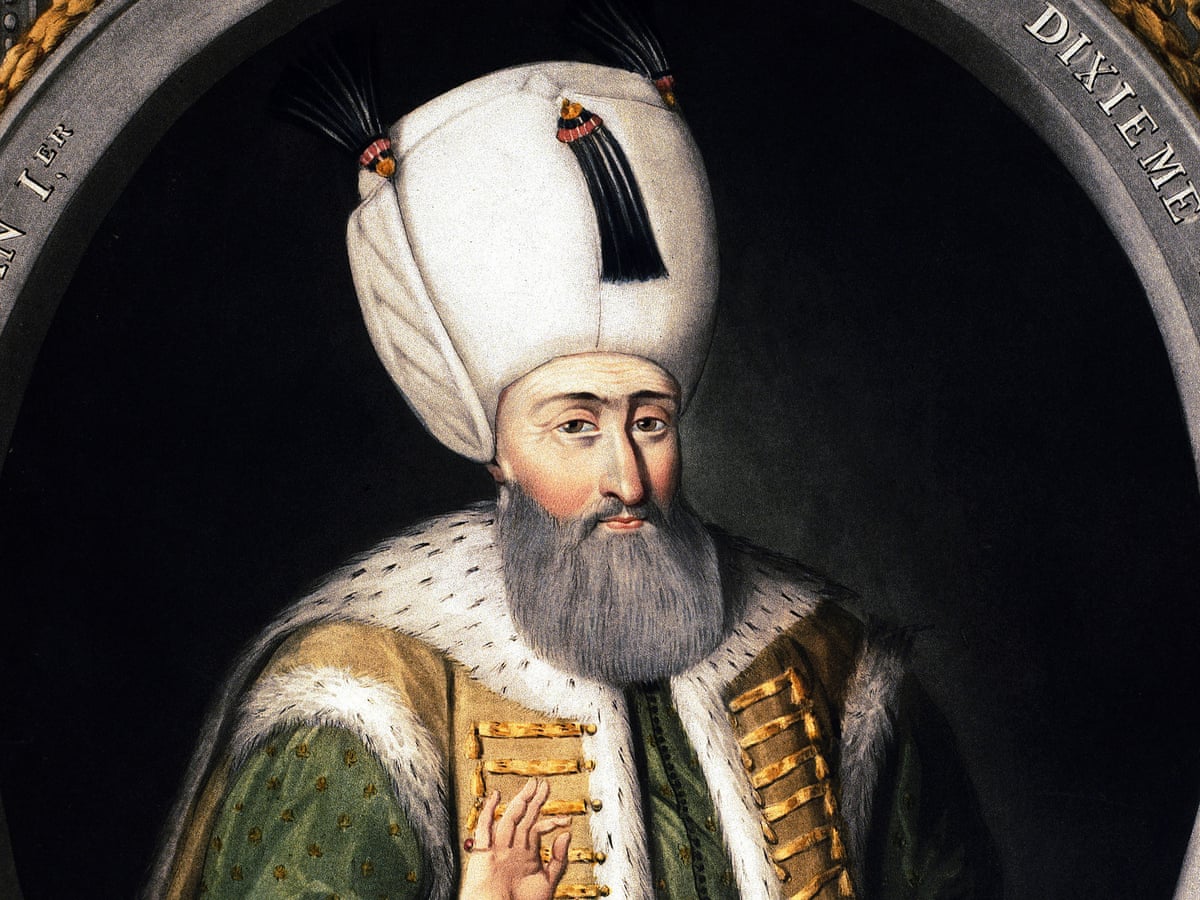
Ottoman Empire (1299 - 1922): Conquered Byzantine Empire (1453, ending Rome's last remnant), controlled three continents. Magnificent architecture, legal codes, religious tolerance. "Sick man of Europe" by 19th century, declined through nationalism, industrialisation, WWI defeat. Atatürk abolished Caliphate (1924). Conquered Constantinople; lost to nationalism and modernity.
VIII. European Colonial Empires: Global Dominance (1400 - 1950)
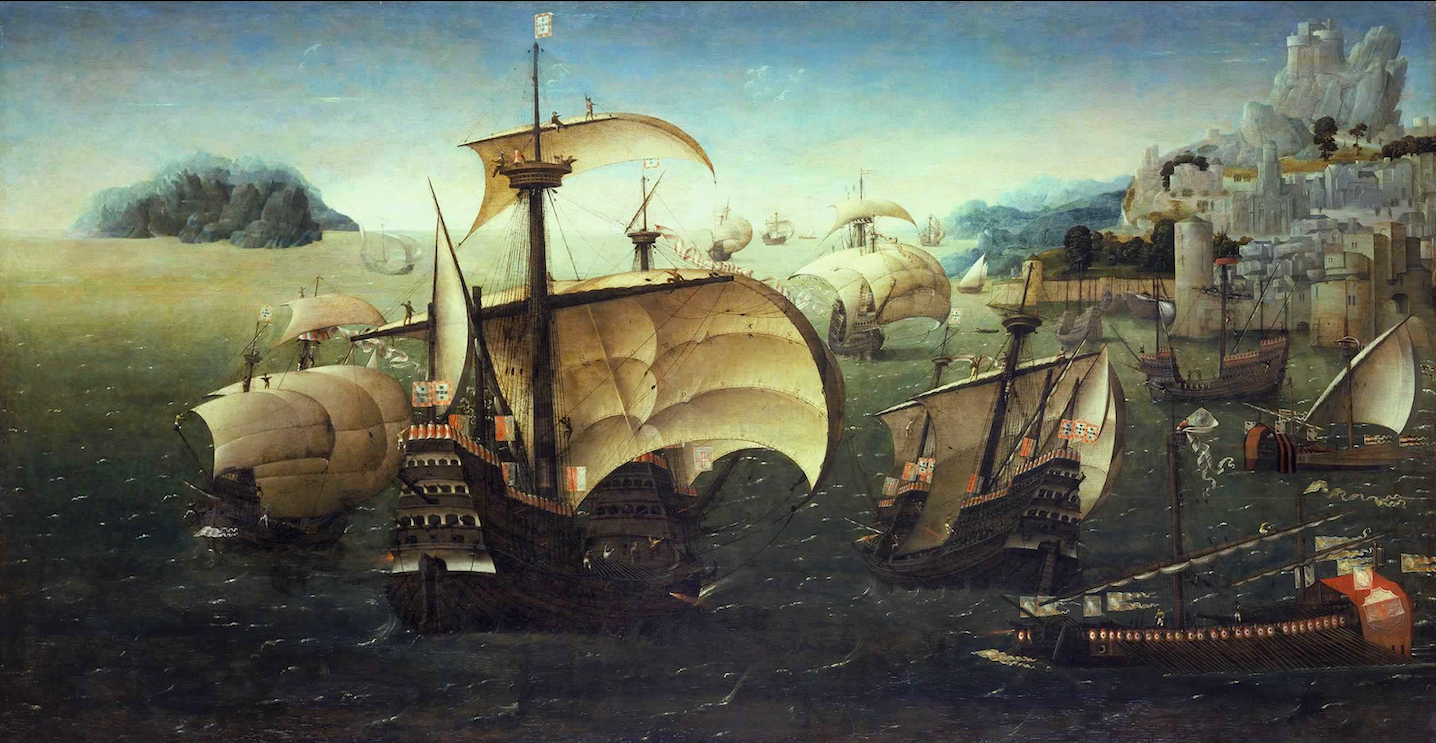
Portuguese Empire (1415 - 1999): First global empire pioneered maritime exploration, reached India (1498), controlled Asian spice trade. Transported 5.8 million enslaved Africans. Last colonies surrendered 1999. First to circumnavigate Africa; last to decolonise.
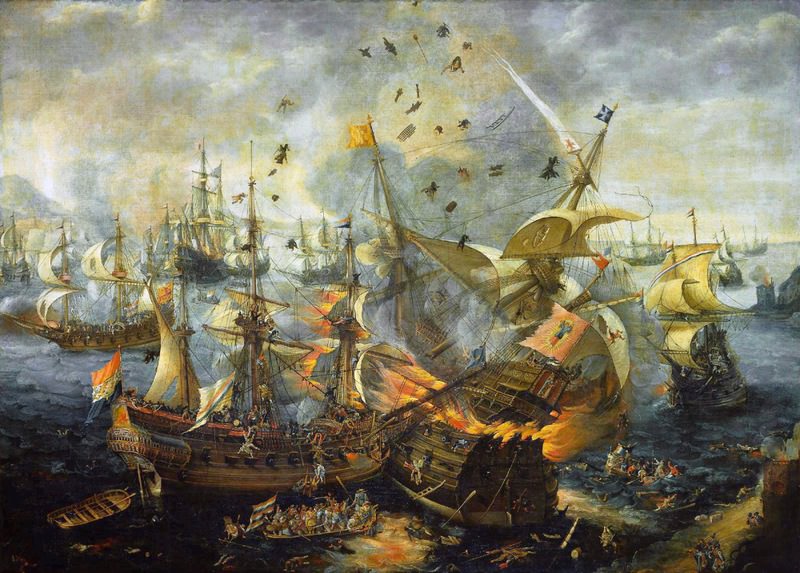
Spanish Empire (1492 - 1898): Columbus reached Americas (1492), Conquistadors destroyed Aztec and Inca empires, extracted massive silver wealth from Potosí while decimating indigenous populations. Declined through military overextension and economic mismanagement. Conquered a hemisphere; lost an empire to paper currency and nationalism.

British Empire (1583 - 1997): Largest empire in history, covered quarter of Earth's land and population. Spread English language, parliamentary systems, industrial technology. Abolished slave trade (1807) after enriching through it. WWII bankrupted empire; Hong Kong handover (1997) marked symbolic end. The sun never set on the empire; it set on empire itself.

Qing Dynasty (1644 - 1912): China's last dynasty reached territorial zenith but experienced "Century of Humiliation" through Opium Wars, forced trade concessions, failed rebellions. Republican revolution (1912) ended two millennia of imperial rule. Reached greatest extent; experienced greatest humiliation.
IX. The American Century & Beyond (1776 - Present)
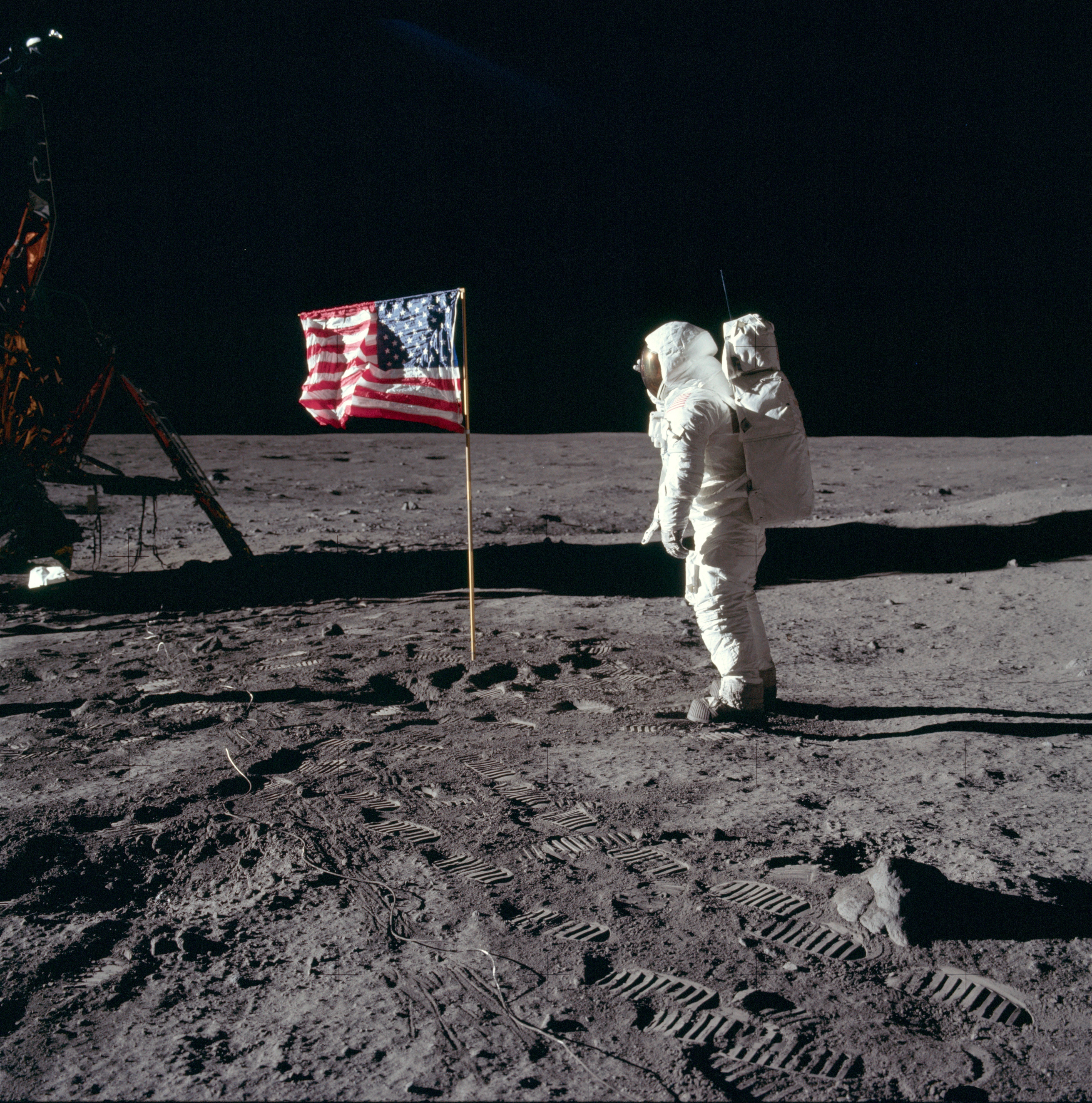
United States (1776 - Present): Revolutionary republic expanding across continent, industrialising rapidly, emerging as superpower. Invented assembly line, computing, internet, landed humans on Moon (1969). Dominated global culture through Hollywood and Silicon Valley. Challenged by China's rise, internal polarisation, climate crisis. Declared all people created equal whilst enslaving millions; the contradiction remains unresolved.
People's Republic of China (1949 - Present): Mao's revolution unified China but killed tens of millions. Deng's reforms (1978) unleashed economic growth, 800 million lifted from poverty, GDP second globally, Belt and Road Initiative extending influence. Approaching technological parity with USA; systemic rivalry defining 21st century. Ended century of humiliation; whether through renewal or new empire remains contested.
European Union (1993 - Present): Supranational experiment with 27 member states, 450 million people, world's largest single market. Brexit (2020) demonstrated fragility. Either prototype for post-national governance or another failed attempt at continental unity. Trying to succeed where Rome, Napoleon, and Hitler failed, through voluntary association rather than conquest.
X. The Pattern Revealed
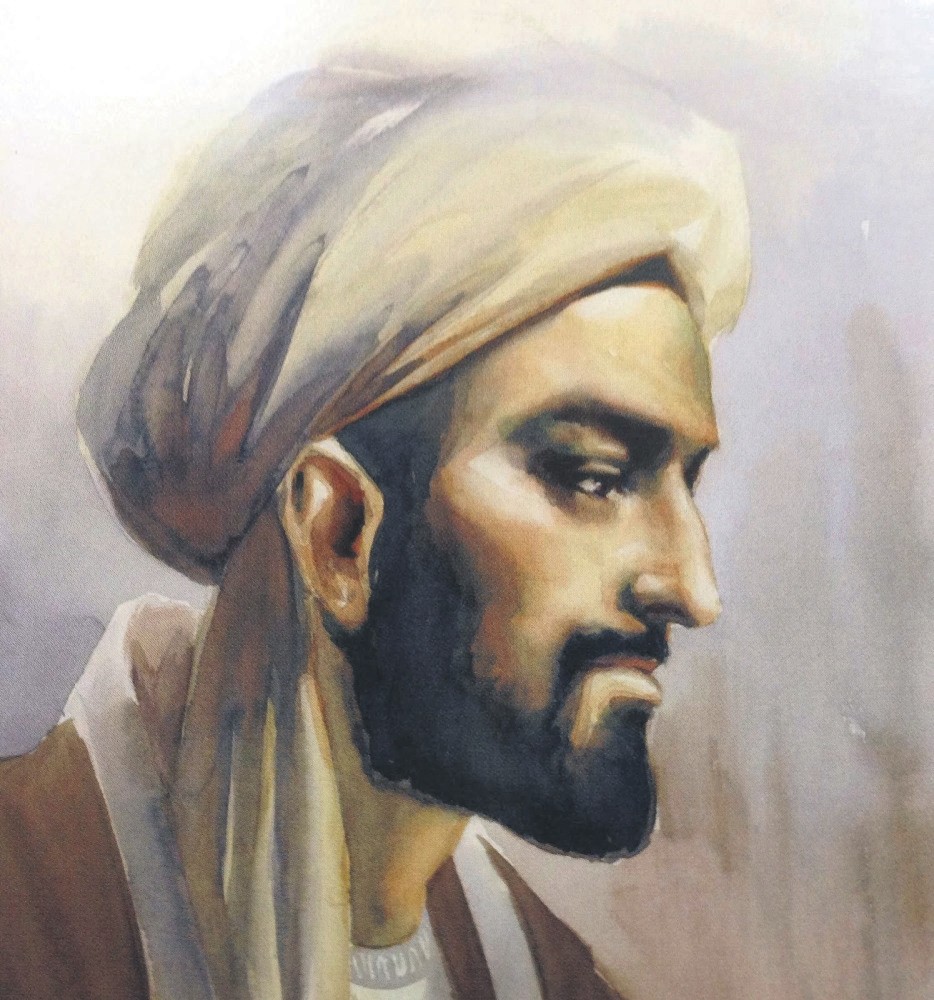
Ibn Khaldun (1377) identified the cycle: tribes with social cohesion conquer decadent civilisations, establish dynasties, grow wealthy, lose cohesion, fall to the next cohesive tribe. Three generations, approximately 120 years.
/https%3A%2F%2Fengelsbergideas.com%2Fwp-content%2Fuploads%2F2022%2F11%2FMy-Post-53-owa6nhnt7rj7dq40xf1s1myw80j3hj31fa3to8fy54.jpg)
Oswald Spengler saw civilisations as organisms with 1,000-year lifespans: birth, growth, maturity, decline, death.
Arnold Toynbee catalogued 21 major civilisations, finding patterns: creative minority responds to challenges, becomes dominant minority imposing rather than inspiring, internal revolt and external invasion follow.
Joseph Tainter identified diminishing returns on complexity: civilisations solve problems through increased complexity, but eventually costs exceed benefits; collapse becomes rational simplification.
Jared Diamond emphasised environmental factors: deforestation, soil degradation, water scarcity, climate change have destroyed civilisations repeatedly. Modern civilisation faces the same threats at global scale.
The common thread: Civilisations are dissipative structures, they maintain order by consuming energy and exporting disorder. When energy sources decline or disorder accumulation exceeds dissipation capacity, collapse follows. This is not pessimism but thermodynamics.
Yet knowledge persists. When Rome fell, monasteries preserved texts. When Baghdad burned, Toledo's translators recovered Greek philosophy via Arabic. The inner inception velocity continues through collapses because information wants to propagate.
The Sentence Awaits Completion
We face unprecedented global challenges: climate change, nuclear weapons, AI exceeding human intelligence, social media fragmenting reality, civilisation-breaking wealth inequality. The next collapse might be global rather than regional.
But we possess unprecedented capabilities: renewable energy, genetic engineering, quantum computing, global communication, and accumulated wisdom of all previous civilisations available instantly. We might be the first civilisation conscious enough of the pattern to transcend it.
Or we are the Maya calculating millions of years whilst deforesting our surroundings, the Romans building aqueducts whilst lead poisoned their water. Knowing the pattern does not guarantee escaping it.
Future archaeologists, human or AI, will excavate our cities, decode our hard drives, and add another entry:
The Anthropocene Civilisation (1750 CE - ?): Industrialised the world, split the atom, decoded DNA, created artificial intelligence, reached the Moon, and then…
The sentence awaits completion. We are living with punctuation. The inner inception velocity accelerates toward an unknown conclusion, transcendence or extinction, singularity or silence, the stars or the dust.
Sic transit gloria mundi. Thus passes the glory of the world.
Sic transit ad astra. Thus passes toward the stars.
The choice, such as it exists, remains ours. For now.
previous
When Profit Meets Purpose: How Microsoft and Corporate Leaders Are Proving the Business Case for Accessibility
next
The Rules of the Game: How Global Policy Is Shaping AI Accessibility from Rights to Reality
Share this

Dinis Guarda
Author
Dinis Guarda is an author, entrepreneur, founder CEO of ztudium, Businessabc, citiesabc.com and Wisdomia.ai. Dinis is an AI leader, researcher and creator who has been building proprietary solutions based on technologies like digital twins, 3D, spatial computing, AR/VR/MR. Dinis is also an author of multiple books, including "4IR AI Blockchain Fintech IoT Reinventing a Nation" and others. Dinis has been collaborating with the likes of UN / UNITAR, UNESCO, European Space Agency, IBM, Siemens, Mastercard, and governments like USAID, and Malaysia Government to mention a few. He has been a guest lecturer at business schools such as Copenhagen Business School. Dinis is ranked as one of the most influential people and thought leaders in Thinkers360 / Rise Global’s The Artificial Intelligence Power 100, Top 10 Thought leaders in AI, smart cities, metaverse, blockchain, fintech.
More Articles

AI Creator Economy (Part 1): Mapping the New Digital Ecosystem

Is Consciousness an Accident or an Inevitable Outcome?

What Is Reality, Really?

‘Sol Bound I’ at FRAMELESS London: Reuko’s Immersive Residency Exploring Humanity, Nature, and Digital Art

World Labs: What Fei-Fei Li's Spatial Intelligence Platforms Means for the Future of AI


